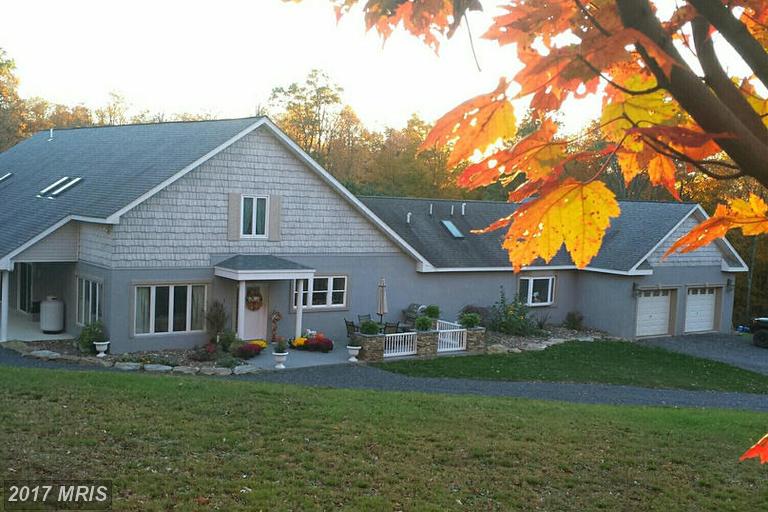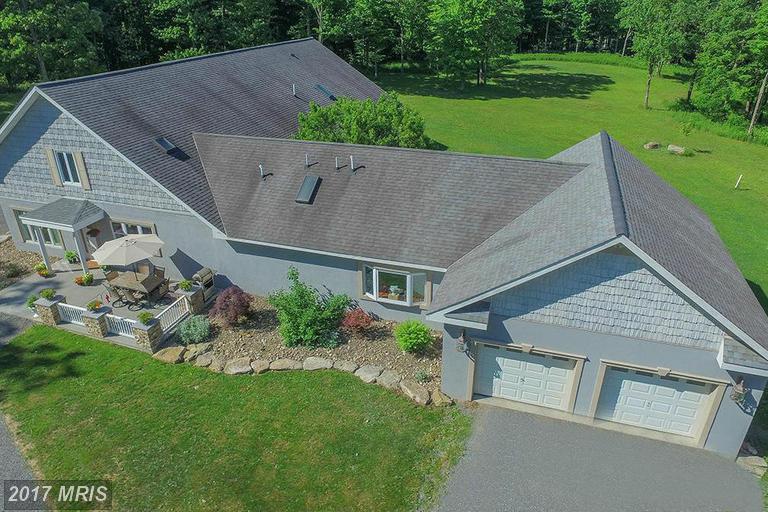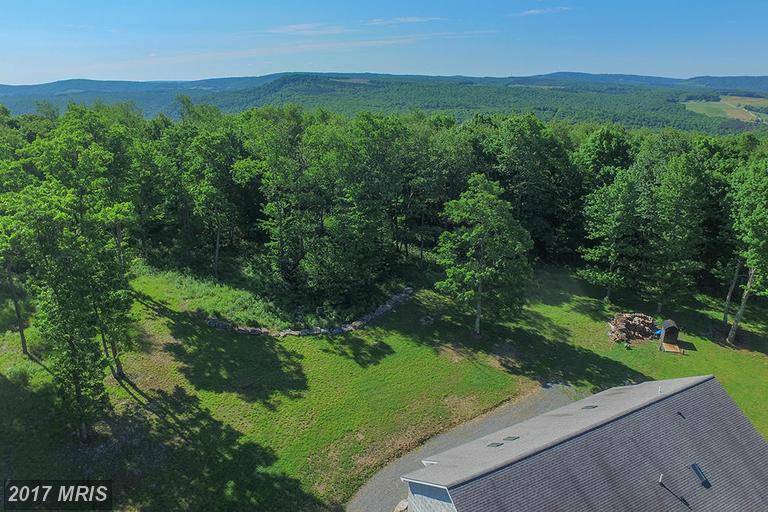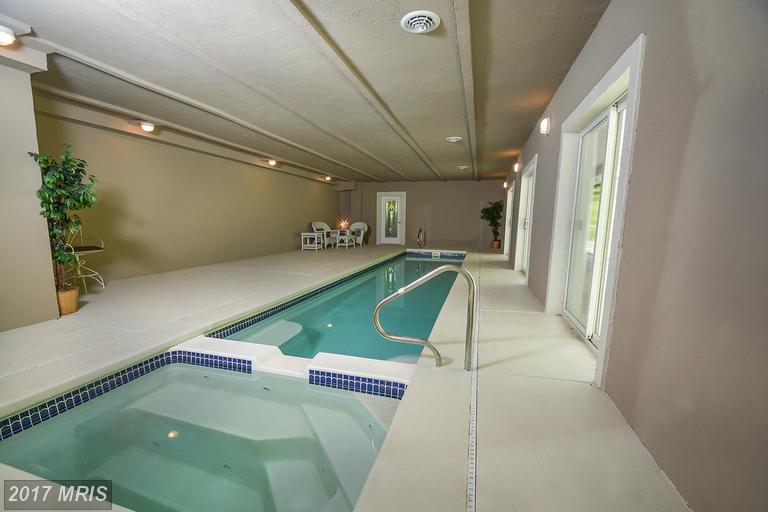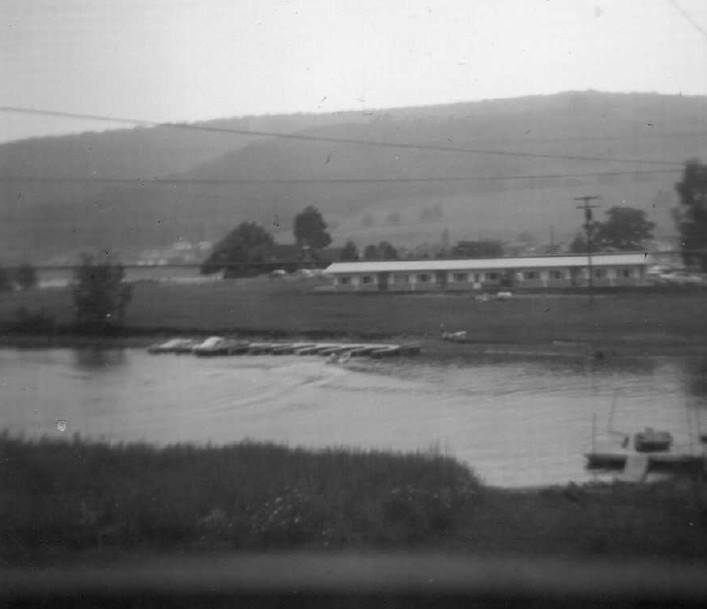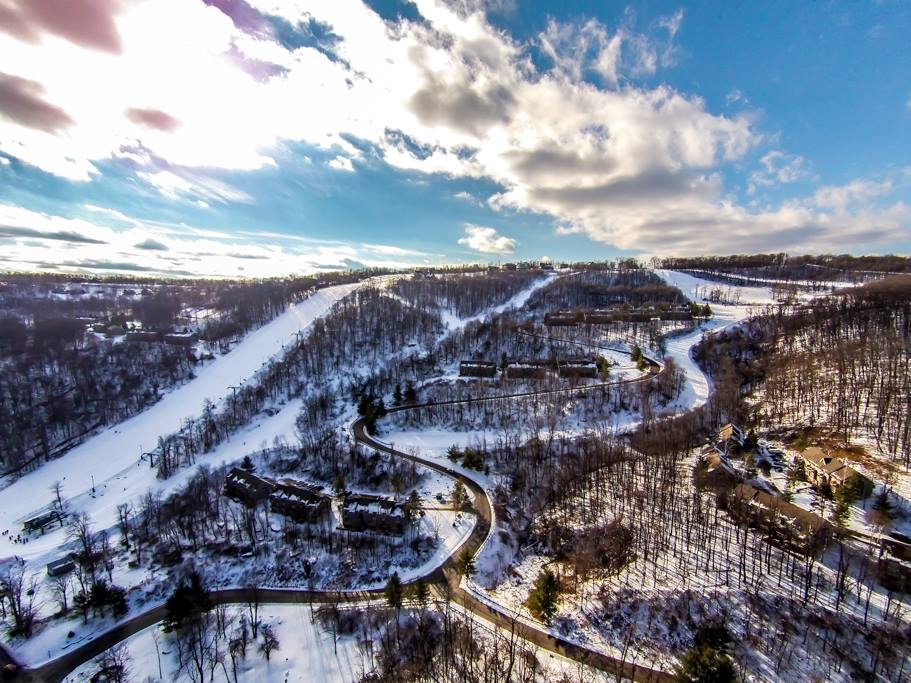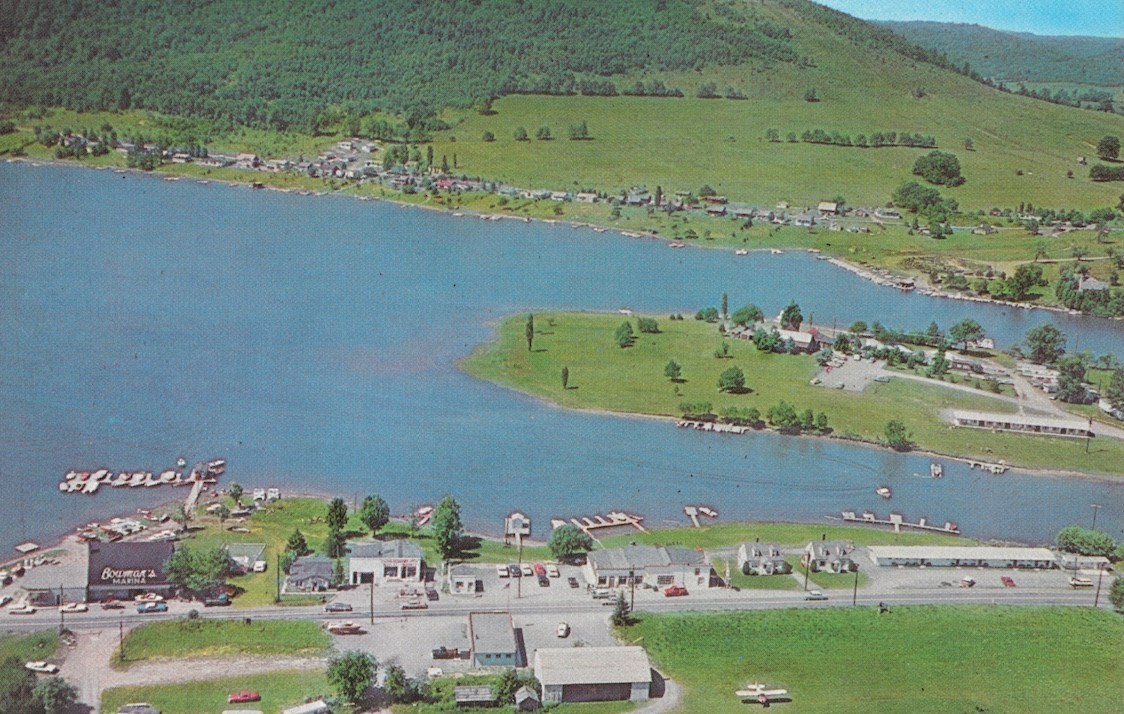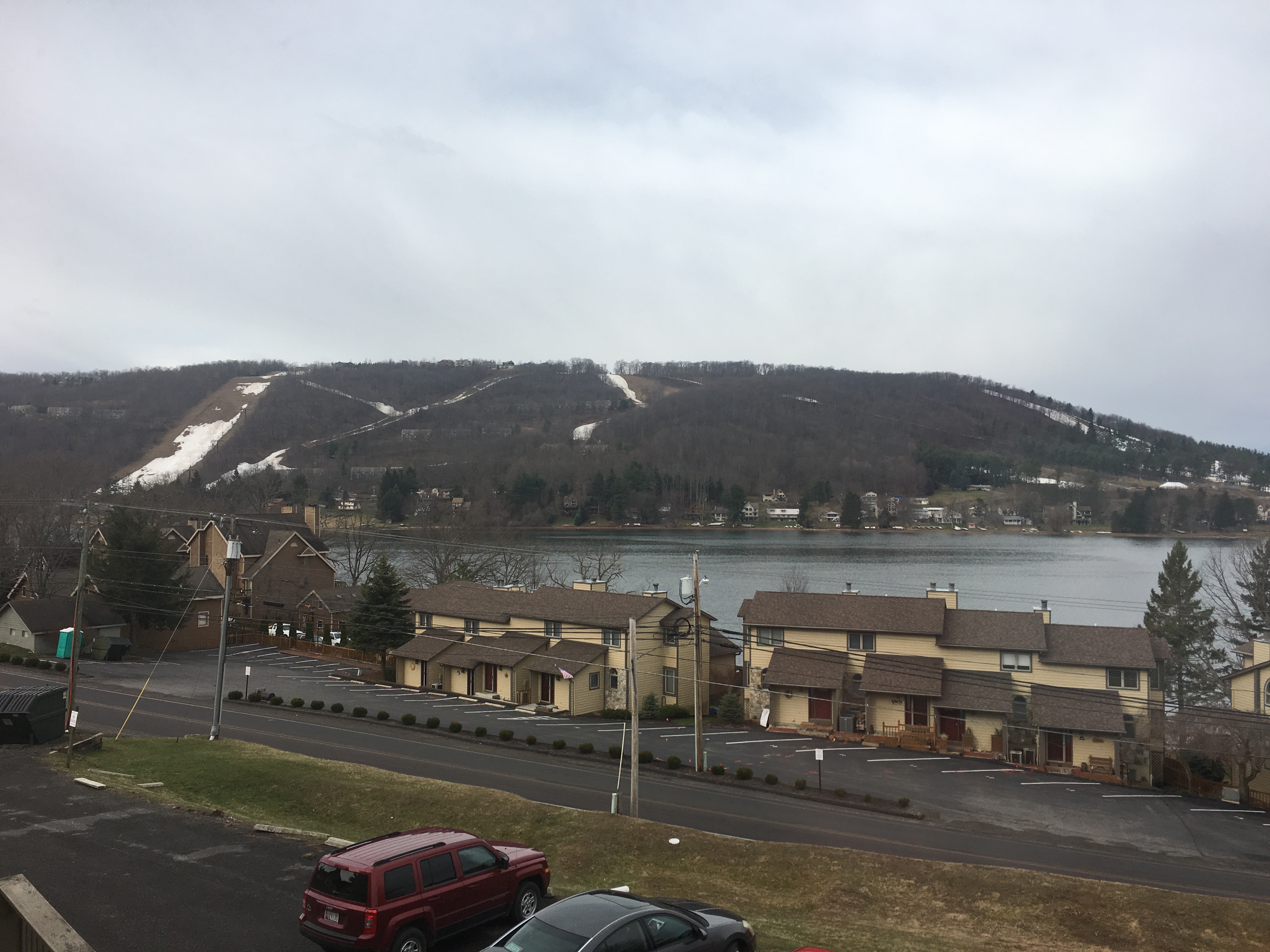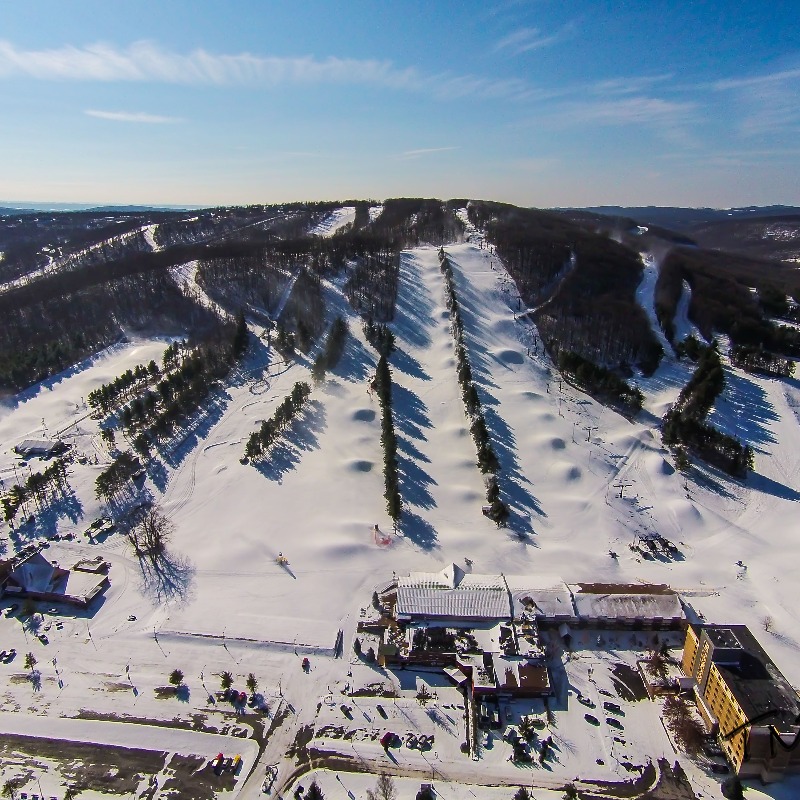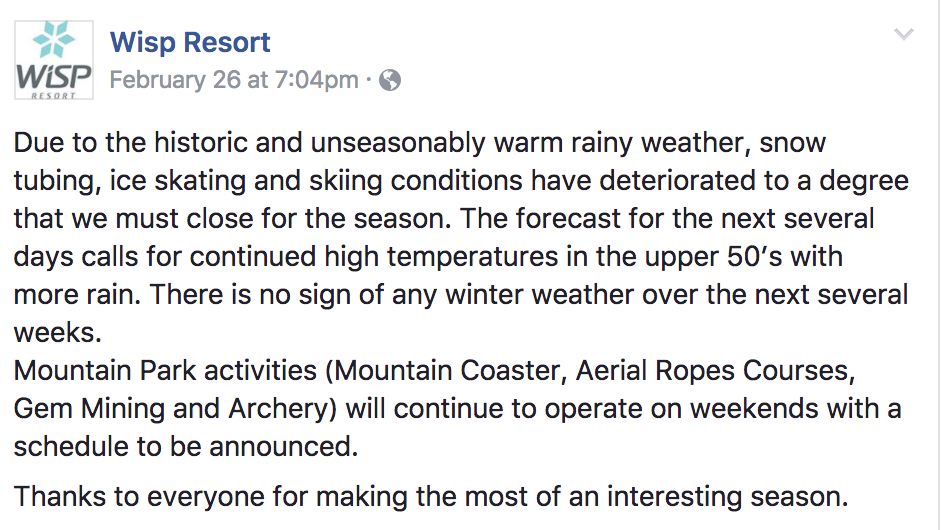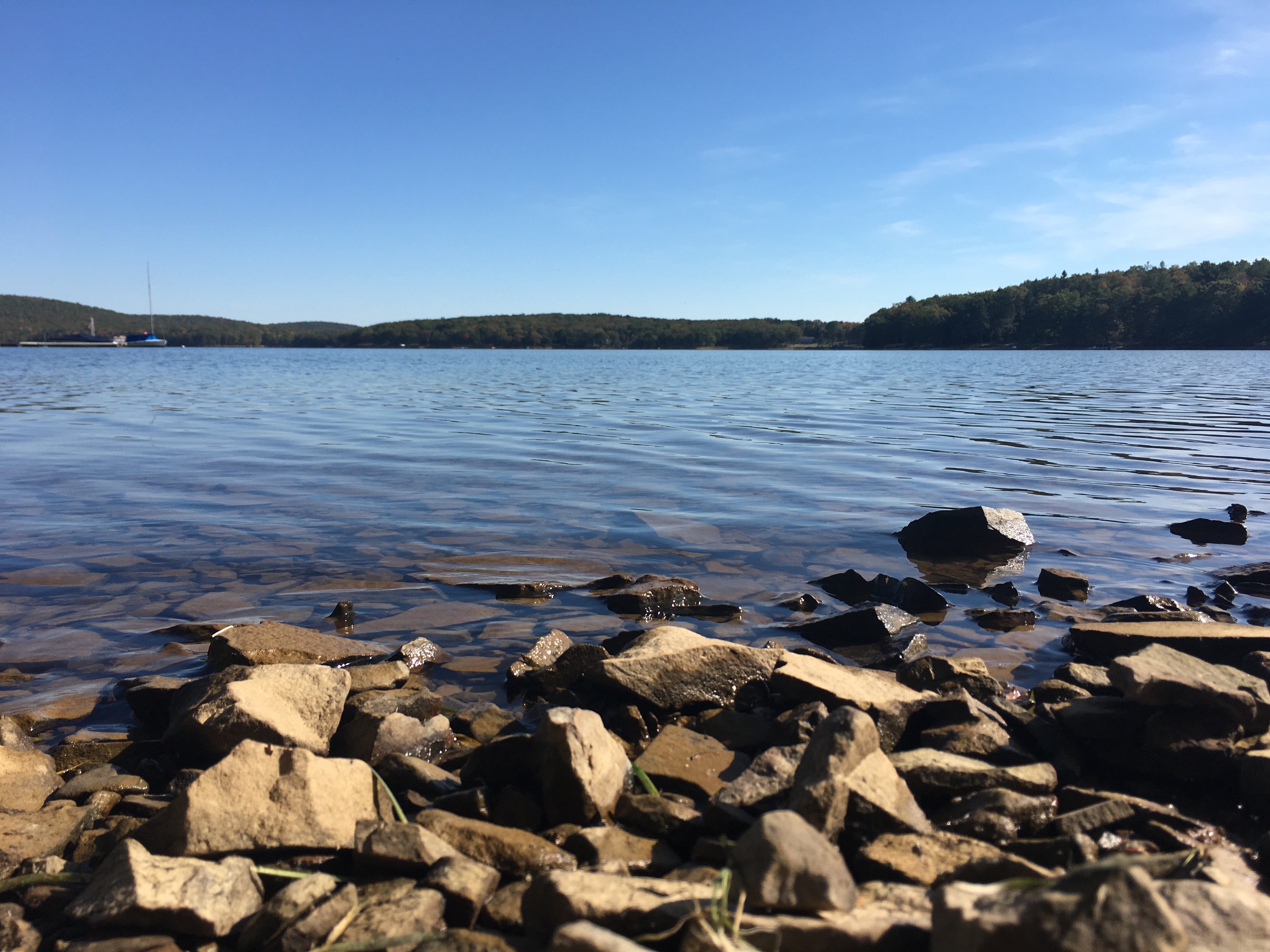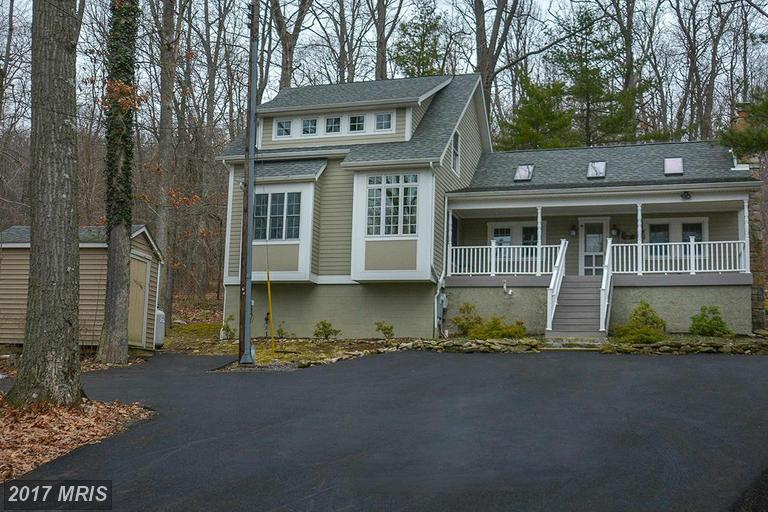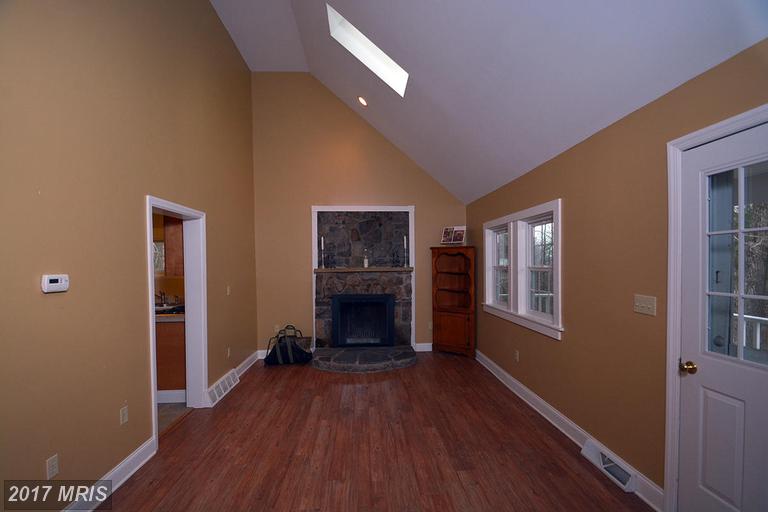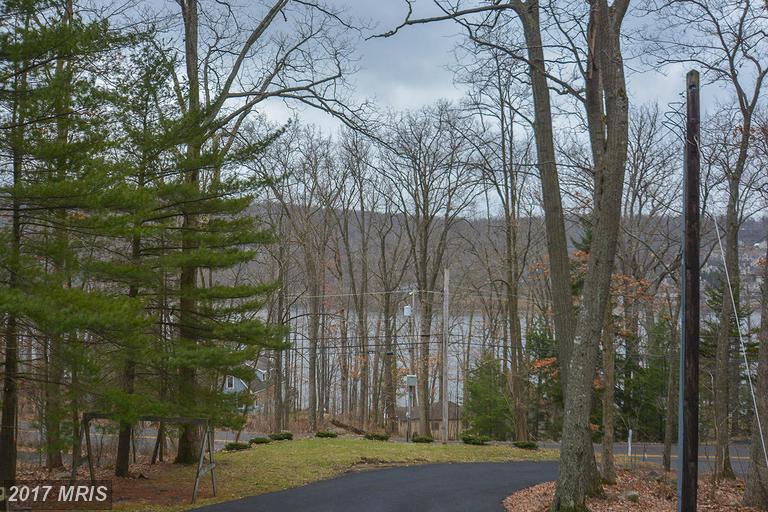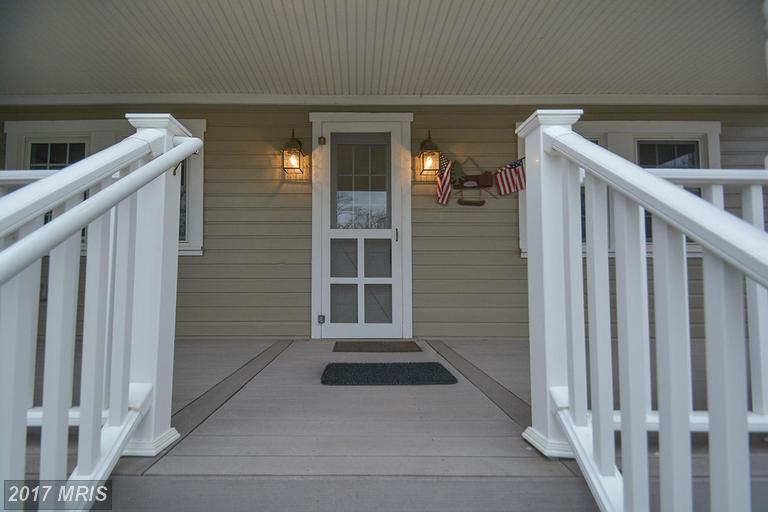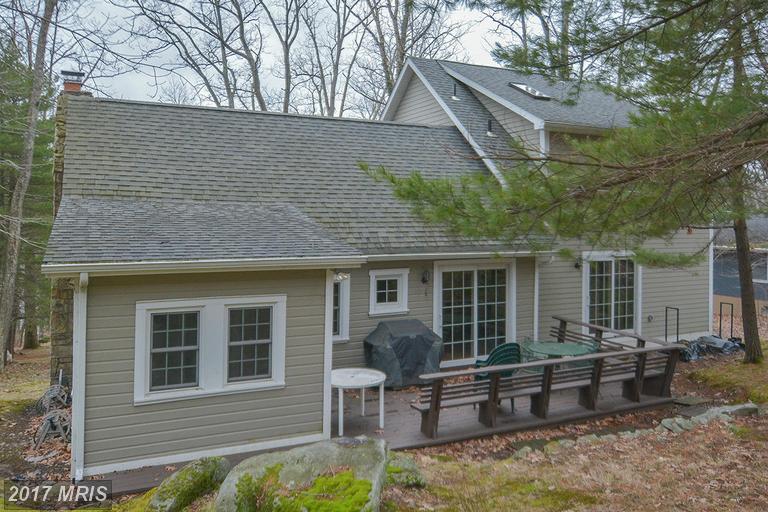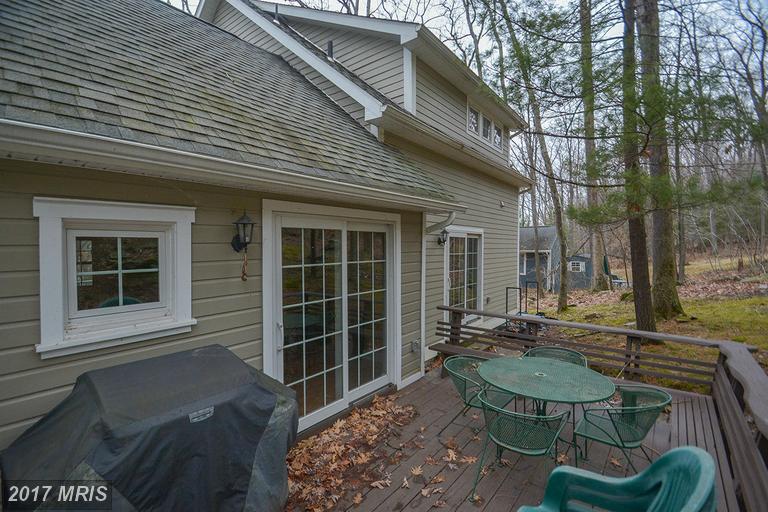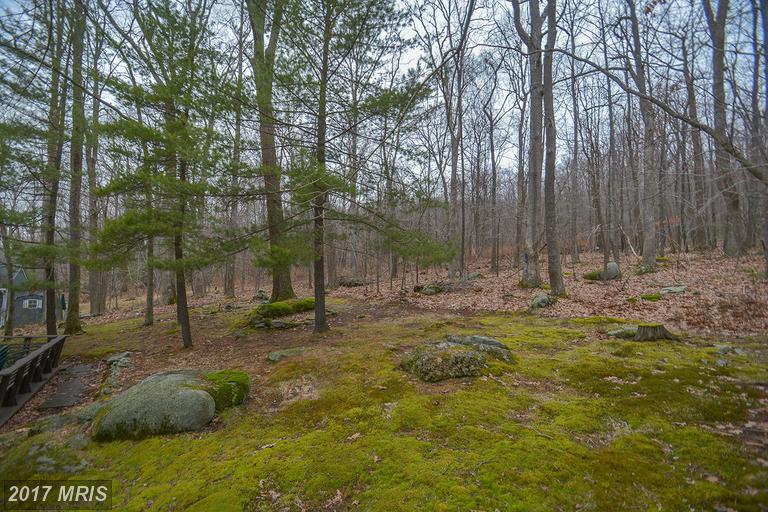It is a challenging time to be the president of the Garrett County Farm Bureau, especially as a young man working his way through college.
Garrett County is a rural community. I have grown up on my family’s farm, helping to produce the hay and raise the goats and vegetables that are currently funding my tuition.
The farmers that I represent are hardworking people who deserve to be able to use their land as they choose — this includes using the resources it contains. However, we are experiencing an increased influx of people from urban and suburban areas of the state trying to dictate and legislate what is best for us.
Fifteen years ago, the issue was windmills; today, it is fracking.
The Garrett County Farm Bureau has been advocating for our farmers’ ability to safely and responsibly drill for gas on their own land for over 10 years and now we are at a turning point. It is critical now that we do not completely ban hydraulic fracturing in Maryland and cut off a tremendous amount of opportunities for residents of Garrett County.
People often want to know why farmers like hydraulic fracturing. From our perspective it isn’t about hydraulic fracturing at all. It is about accessing and producing natural gas from resources on our own land.
For everyone living in urban and suburban areas, fracking is making your air cleaner to breathe, slashing the costs of natural gas and products made from natural gas, improving the national economy and allowing us to export gas to foreign countries.
For my farmers, it does all of that as well as enable them to recover the value of the gas they own.
The farm community has been quietly accommodating the impacts of residential development around Deep Creek Lake on our community for a long time now. If our gas production requires the Deep Creek community to accommodate a little, we expect the same courtesy we have been extending to them.
There are certainly people in the community who love recreational industries and are passionately opposed to gas production. They believe it will somehow inhibit their ability to use and make money off tourism at Deep Creek. But there are also people in the community who would love to produce gas and have no interest in recreational industries. All of them have the same constitutional right to use their own property in the way they choose. The state does not have the right to arbitrarily allow some to choose and others not. The trick is to find a path that is respectful of everyone and asks everyone to compromise some.
That was the precise goal of the Marcellus Shale Safe Drilling Initiative and the protracted negotiations about regulations among the various stakeholders that have taken place over the last five years. The goal of the Farm Bureau has been to establish regulations that protect our farms as well as the surrounding community. We think the proposed regulations do that.
There is nothing like them anywhere else in America. If someone shows you a drilling practice in another state you don’t like, there is a strong possibility it is prohibited here in Maryland.
We have been producing and storing gas here since 1955, and the gas industry is a valuable part of our economy. We would like that to continue and grow with the addition of jobs, royalties and taxes from shale production in Maryland.
Before Gov. Martin O’Malley created the Marcellus Shale Safe Drilling Initiative Advisory Commission, he weighed the same question that is before the Maryland Legislature right now: Ban fracking or regulate it. His assessment was that as a state with a small amount of producible reserves surrounded by states with a large amount of producible reserves upstream from Maryland, it would be in Maryland’s best interest to create the tightest possible regulations and then use our influence and our power as a consumer to move our regulations into the surrounding states. He was right.
If we bury these regulations now with a ban, we will be wasting millions of dollars that have been spent developing the regulatory process and denying landowners the right to develop their gas resources. But the real cost will be to the environment, because we did not have the courage to pursue his vision to the end and influence the people who produce gas for Maryland in other states to do it to in a way that Maryland finds acceptable.
Aaron Lantz is president of the Garrett County Farm Bureau.
for more information, click here.


